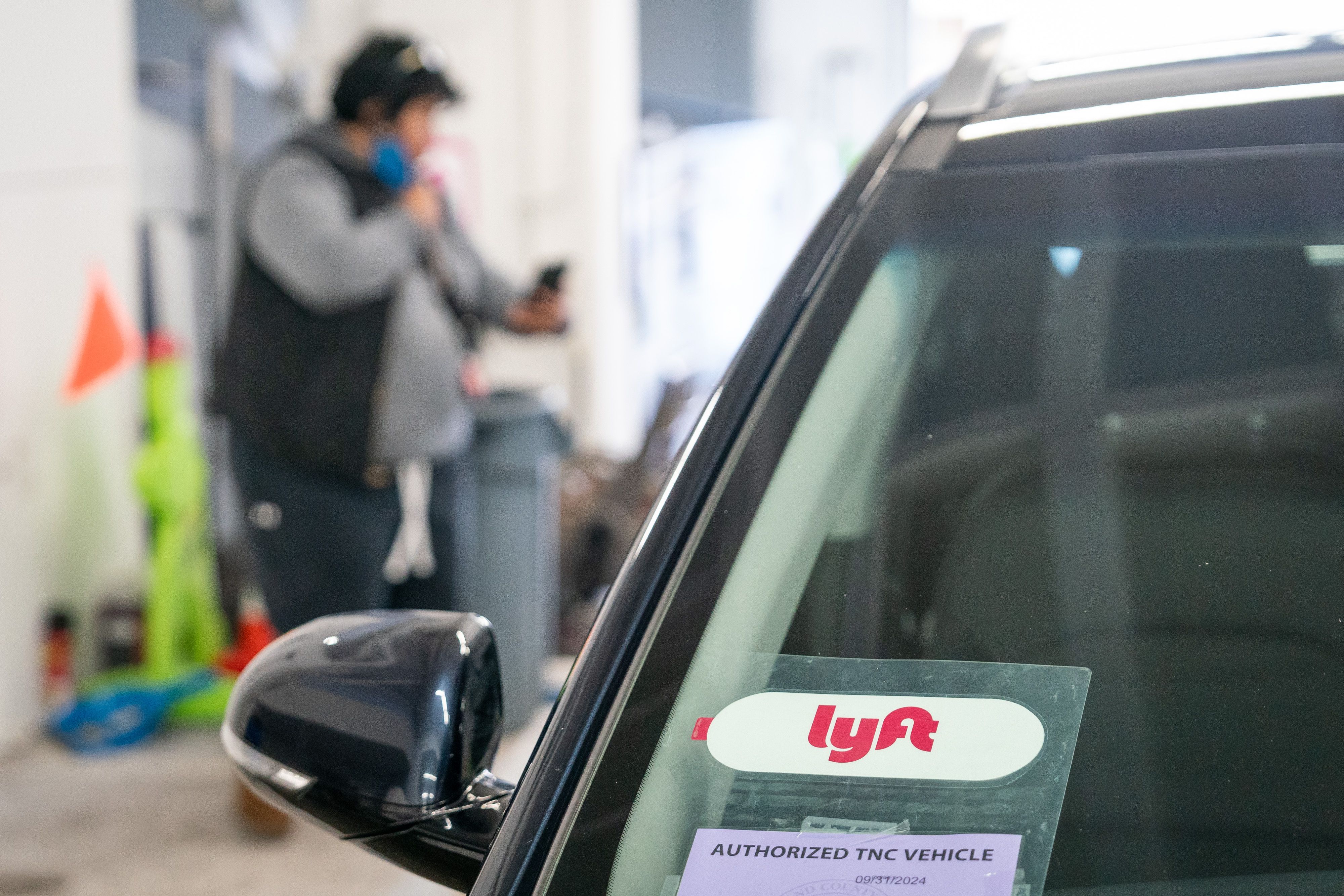
Key Takeaways
- Lyft investors who incurred losses after an earnings-release typo sent the stock on a wild ride Tuesday could sue the company, a securities lawyer said. A mistake, however, isn’t fraud, and any lawsuit’s unlikely to succeed, according to another securities lawyer.
- SEC Chair Gensler said that companies are responsible for reporting accurate information but the regulator did not comment on whether it would take any action.
- The company’s stock jumped more than 65% in extended trading Tuesday after the company incorrectly reported its 2024 EBITDA margin guidance, paring gains once management clarified numbers.
- The guidance blunder notwithstanding, Lyft shares jumped another 16% on Thursday and have risen nearly 50% this week on the strength of the company’s earnings and outlook.
Lyft ( LYFT ) investors who got hammered in Tuesday’s typo-driven turbulence may be hoping to hail a ride to the nearest courthouse. They may not get very far, however.
The company’s stock jumped more than 65% in after-hours trading Tuesday after the ride-hailing firm erroneously said in its earnings report that it expected EBITDA margin expansion of 500 basis points in 2024. That was a mistake, which the company acknowledged during its earnings conference call about 45 miunutes later, leading the stock to give back most of those gains.
Investor Lawsuits Could Follow, To No Avail
Andrew Stoltmann, an expert in securities litigation, called the incident, “the ultimate scrambled egg on the face of a company and its CFO,” and said without a doubt there would be class action lawsuits filed against the ride-hailing company.
Stoltmann said in a phone interview on Wednesday that he expects a “tsunami of litigation against the company in the form of class action lawsuits.”
That doesn’t mean they are likely to win. Company mistakes are not without precedent, and they aren’t necessarily lawsuit-worthy.
In 2022, Affirm Holdings ( AFRM ) was sued by investors over a post on X, known as Twitter at the time, in which it was accused of misleading them by saying the quarter was better than it really was. A judge threw out the suit saying it did not “even come close” to showing that the company intentionally misled the public.
Jake Walker, who represented the Affirm investors, said he was “very confident that a class action lawsuit will not go anywhere” in the Lyft case.
“Mistakes are not enough,” Walker said in a phone interview on Thursday. “It’s gotta be fraud.”
The typo was unlikely to have been intentional, Walker said. “It’s hard to come up with that story that it was severely reckless.”
No Word on Whether SEC Will Pursue
The SEC said it wouldn’t comment on individual issuers beyond filings. Speaking on CNBC on Wednesday morning around 8:00 a.m. ET, Chair Gary Gensler refused to comment on the Lyft case, saying he’d only learned about it half an hour earlier.
“It’s the responsibility of the companies to ensure that they put out information to the public that’s accurate,” Gensler said on CNBC, without addressing Lyft specifically.
The company’s CEO, David Risher, apologized on Bloomberg TV on Wednesday for the gaffe, calling it: “his bad” and a “clerical error.”
With algorithmic trading estimated to represent as much as 75% of all trades, the number of individual investors affected may be limited.
Nearly 48 million Lyft shares traded after-hours on Tuesday, more than three times the stock’s average daily volume of about 13.6 million shares in the last 50 regular trading sessions, according to LSEG data, Reuters reported.
Lyft didn’t respond to a request for comment and further information about processes and how the error was committed.
The earnings statement blunder notwithstanding, Lyft shares have steadily soared in recent days owing to optimism about the company’s earnings and outlook. The stock gained 35% on Wednesday and tacked on another 16% Thursday to close at $19.03, bringing its cumulative gains for the week so far to nearly 50%.

